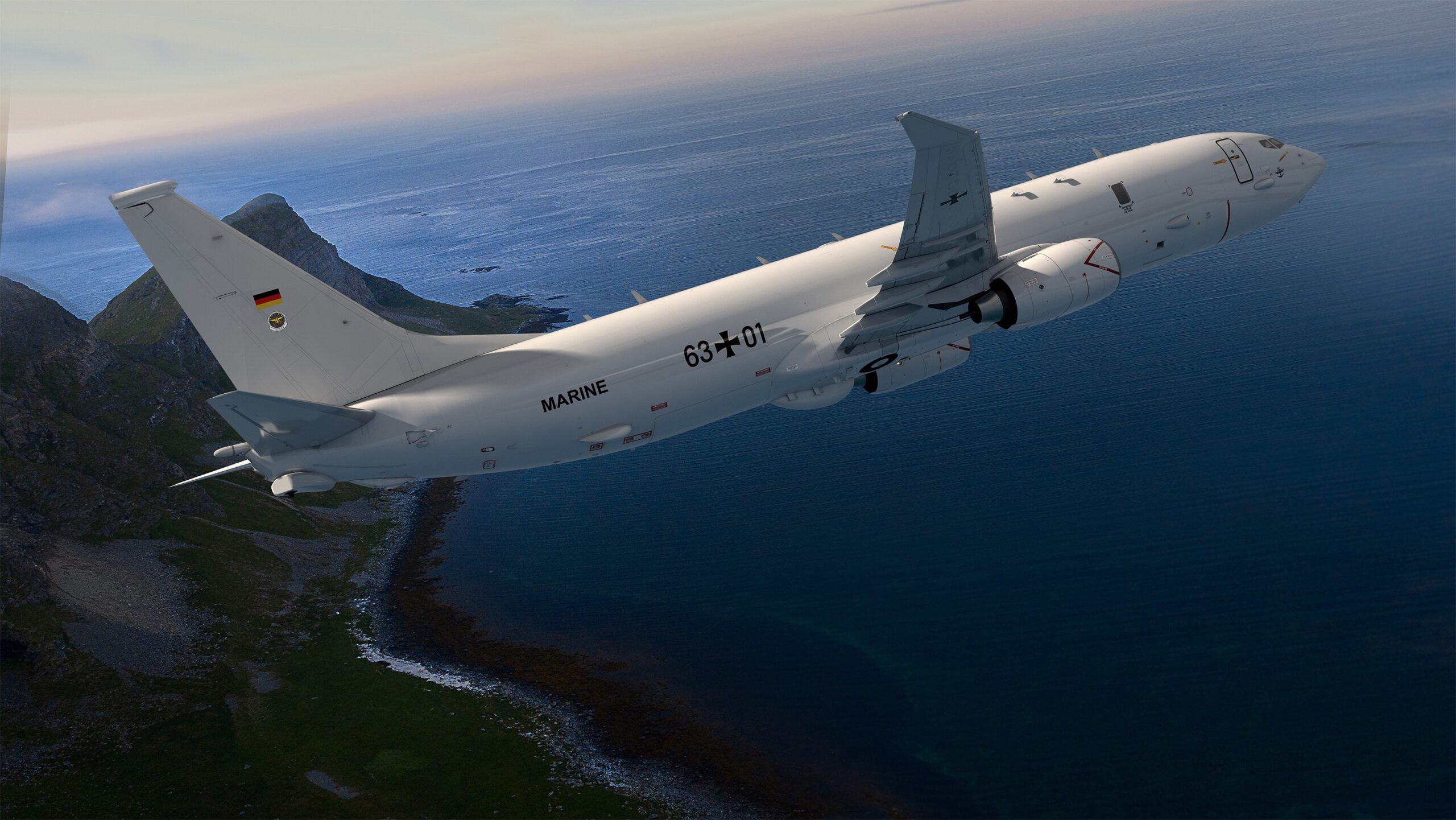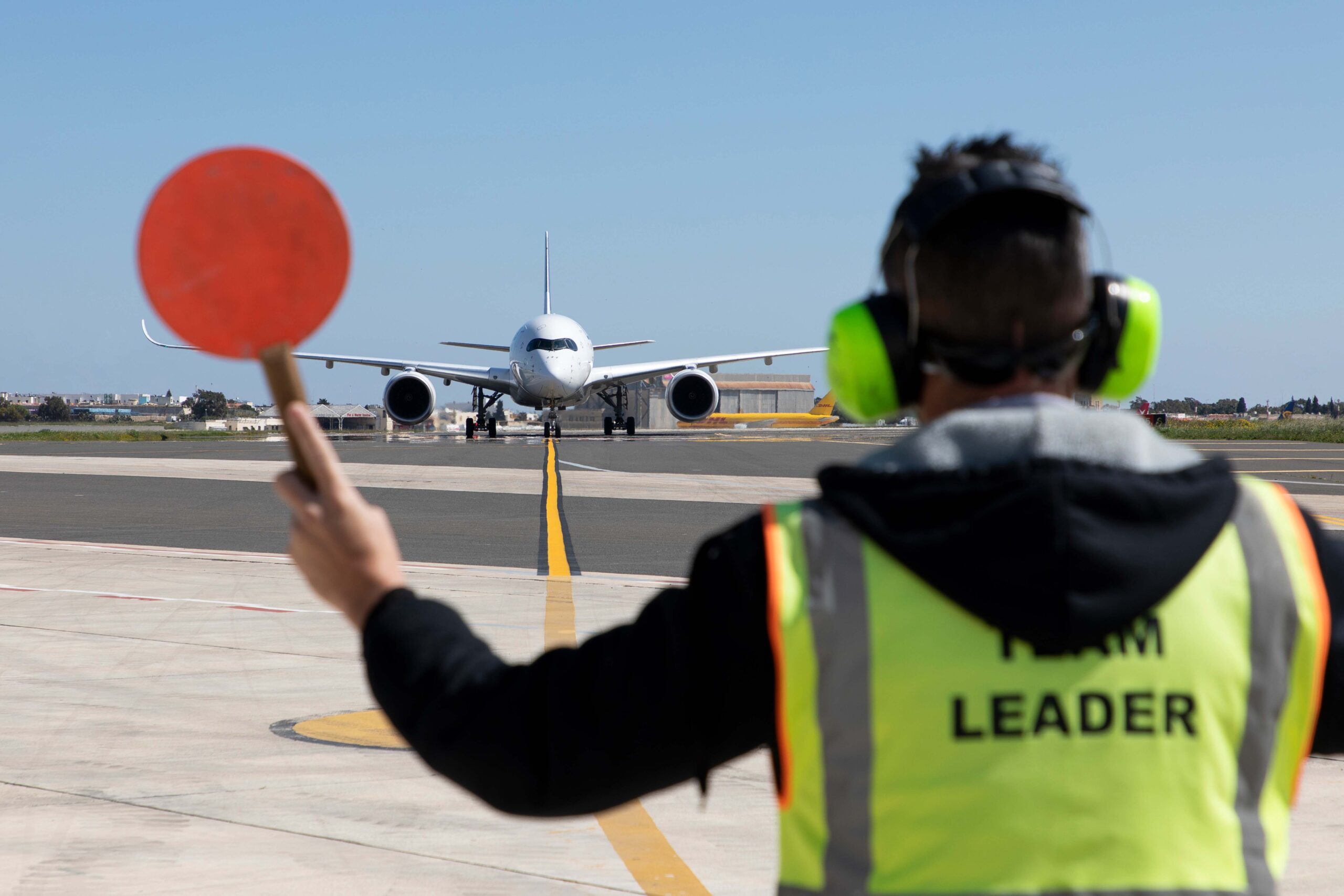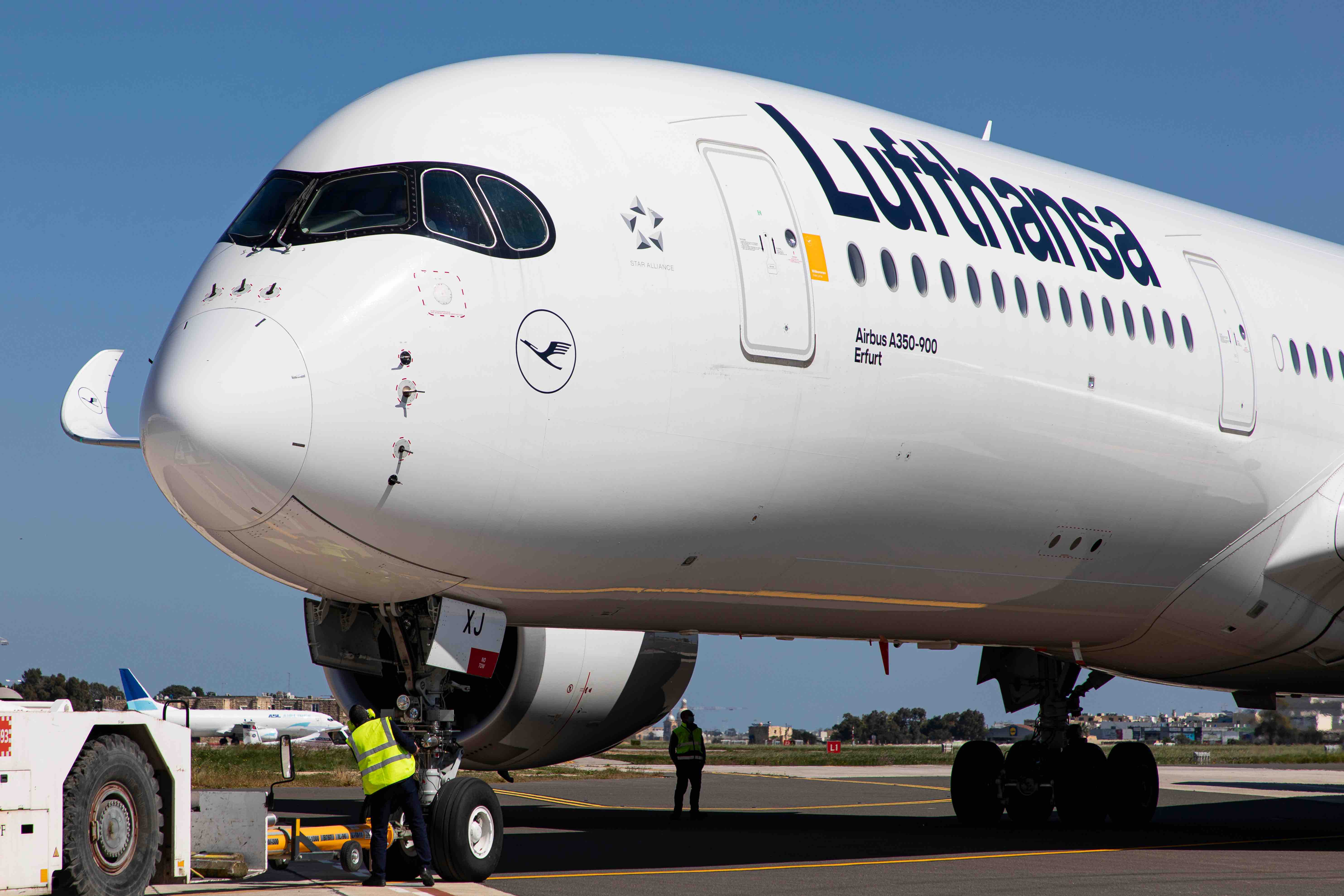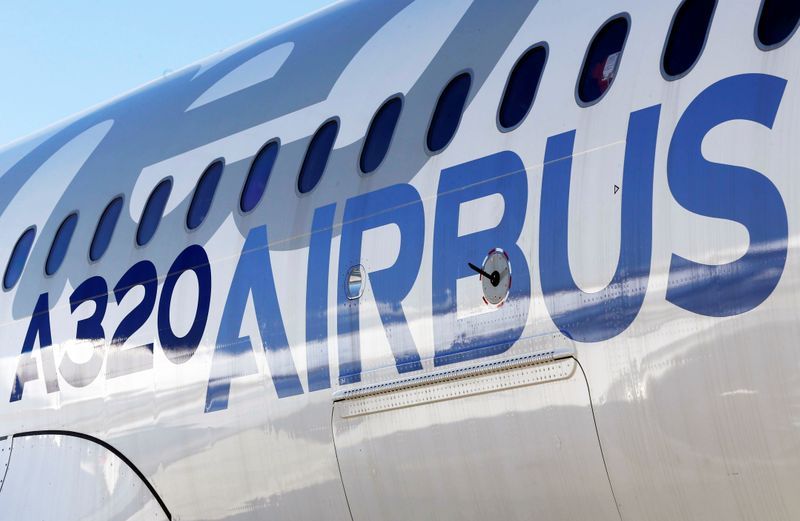Beginning with new aircraft deliveries in 2024, Pilatus has extended the payload-range capability of its Super Versatile Jet to achieve a maximum range with six passengers of 2,000 nautical miles (3,704 kilometers). Pilatus also incorporated an array of new interior amenities, including a large side-facing divan which can be converted into a bed!
The new PC-24 features a 600 pound (272 kg) increase in full fuel payload and maximum payload capacity. This enables operators to increase the PC-24’s maximum range by 200 nm (370 km) with six passengers on board. The PC-24 now offers a full fuel payload of a single pilot plus 1,315 pounds (596 kg), and features a class-leading maximum payload capacity of 3,100 pounds (1,406 kg).
Pilatus engineers conducted an extensive flight test campaign to expand the entire envelope for the higher design weights. At the PC-24’s maximum take-off weight, balanced field length at sea level is only 3,090 feet (941 meters), allowing the use of very short and even unpaved runways.
Divan and Inflight Entertainment System
Already offering the largest cabin volume in its class, the interior of the new PC-24 has also been given a number of enhancements to improve the overall passenger flight experience. Ambient sound levels have been reduced through optimization of passenger service unit ducting, noise absorbing panels, and tuned engine accessory air intake ducts. Cabinetry, storage areas, and the Welcome Center have all been refined to optimize the vast amount of space in the PC-24’s cabin.
Pilatus partnered with Lufthansa Technik to incorporate a new integrated Cabin Management System (iCMS) featuring a 10″ touch screen controller with 3D moving map, four high fidelity cabin speakers with a sub-woofer option, mood lighting, USB ports, and a media storage server.
Finally, in a first for this class of business aircraft, Pilatus is offering the option of a large side-facing divan that is 6 feet 6 inches (1.98 m) in length, and can be converted into a bed in flight.
Predictive Maintenance
All PC-24s from serial number 501 onwards will be equipped with a new feature to enable predictive services. The automated data transmission of key aircraft data directly to Pilatus upon landing will be analyzed and, if necessary, a predictive recommendation is made to the operator.






